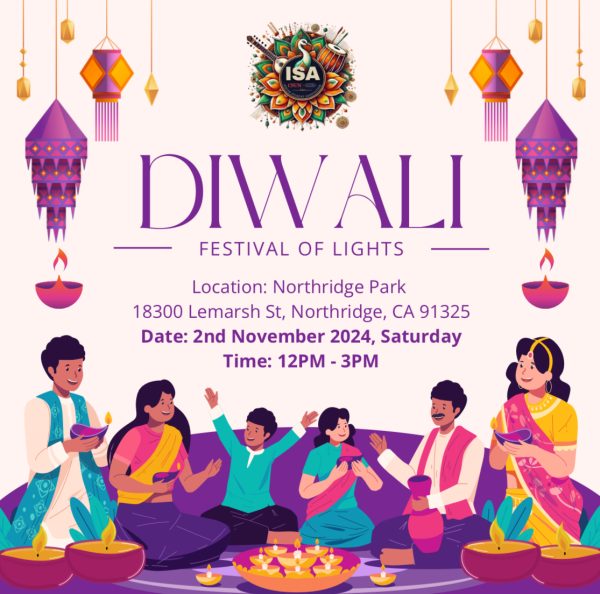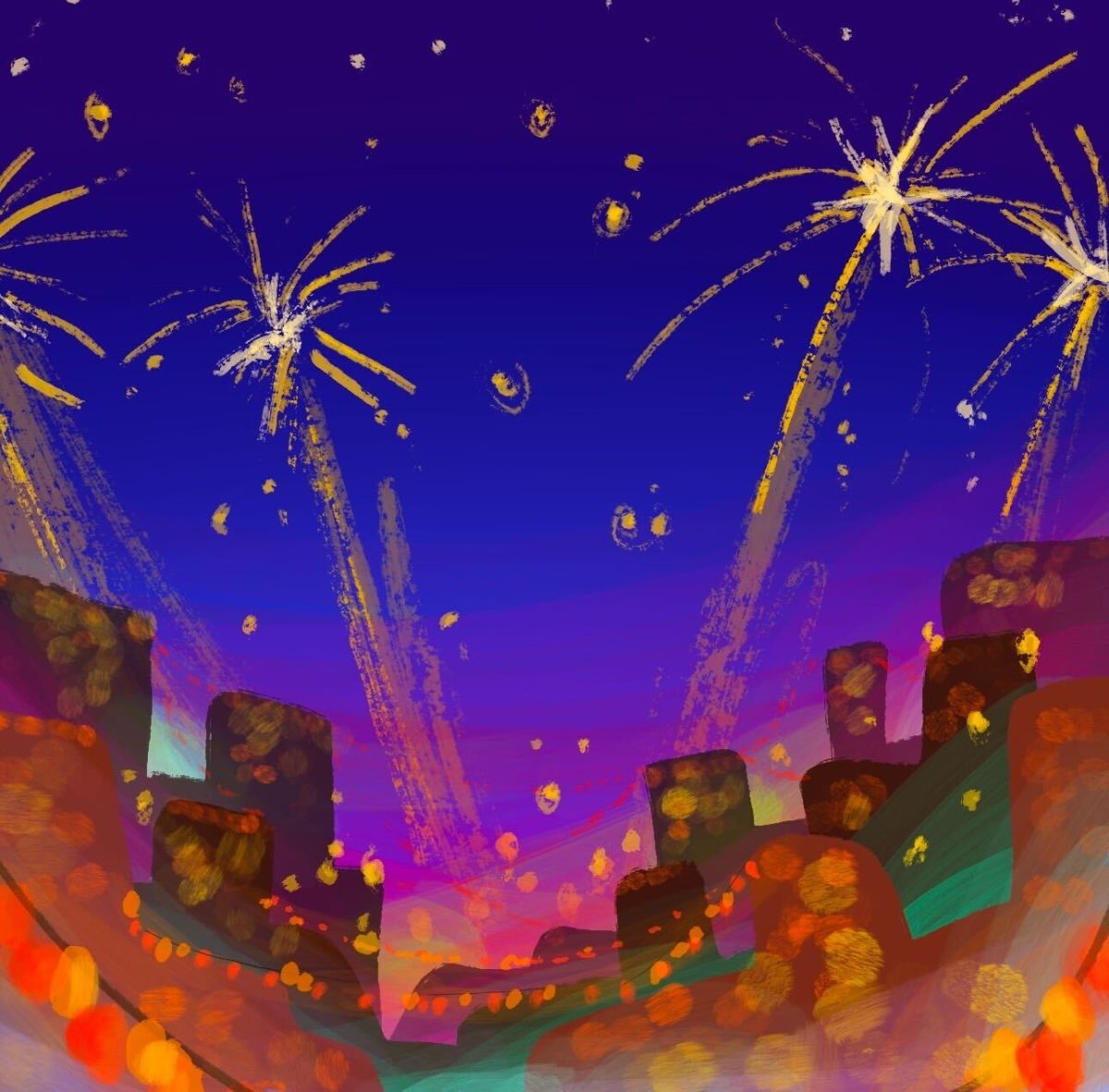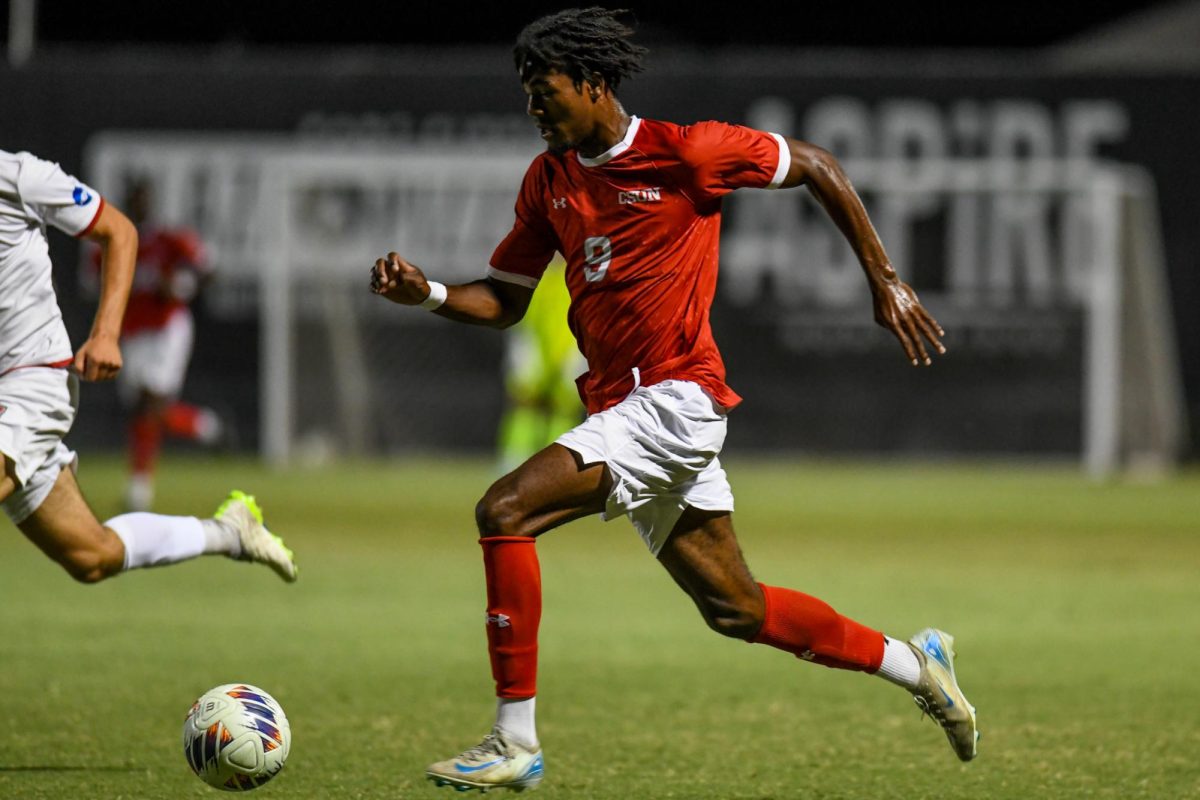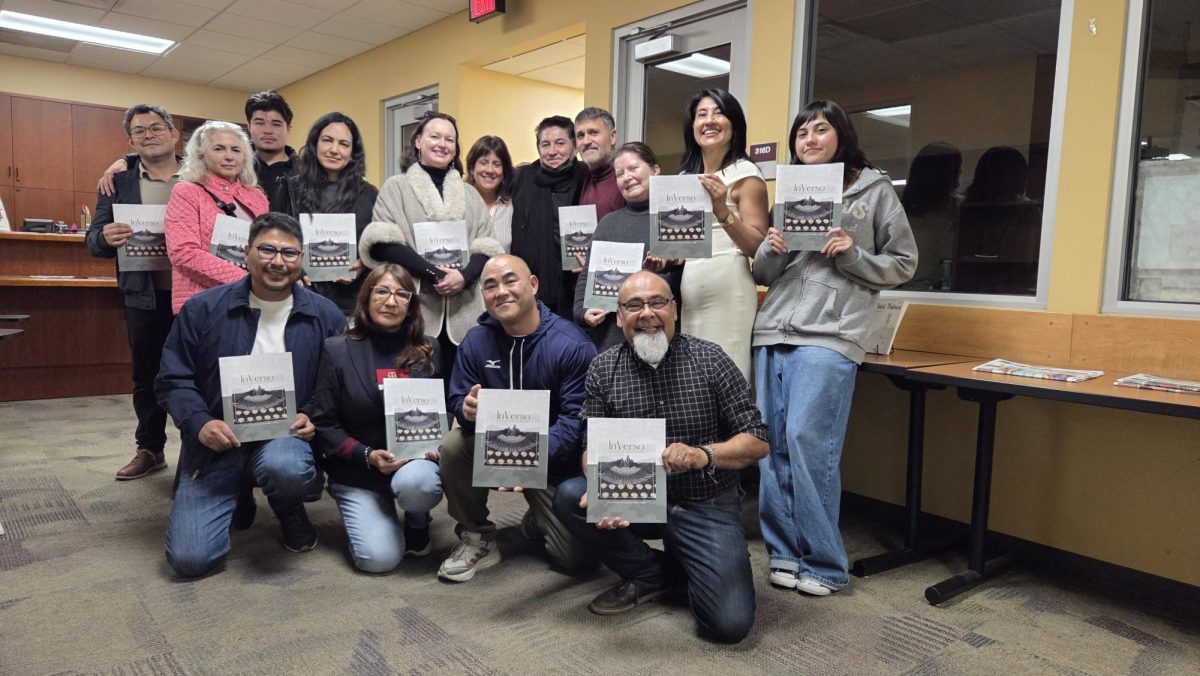Diwali is one of the largest and most important festivals in India. Billions of people from different faiths celebrate the holiday around the world. The Festival of Lights is not limited to India, however, as many countries including the United States also celebrate and enjoy the festivities every year.
“Diwali or Deepavali in Sanskrit translates to “rows of light” — it’s often referred to as the Festival of Lights and takes on different kinds of significance for Hindus, Sikhs, and Jains,” said Simmy Makhijani, Ph.D., Assistant Professor of Asian American Studies.
An article by the Hindu American Foundation explains, “The rituals and customs associated with celebrating Diwali vary based on the regional traditions of India and the cultural customs that are popular in those areas. However, most families light diyas or candles in their homes and celebrate this special holiday by enjoying sweets and delicious food. Generally, Diwali is celebrated over five days with each day holding a special significance.”
The origins of the festival are rooted in ancient mythology and various cultural legends from history. According to National Geographic Kids, “The festival gets its name from the row (avali) of clay lamps (deepa) that Indians light outside their homes to symbolize the inner light that protects from spiritual darkness.” The festivities also include home decorations and the sharing of sweets with one another.
“I’ll draw on the Sikh interpretation of Diwali since it has more of a social justice connotation—it is a time symbolizing the victory of the just over tyranny and oppression. Seems to ring relevant in the present. I myself am Sindhi Punjabi and grew up with both Hindu and Sikh inspirations,” said Makhijani.
In northern India, Diwali commemorates Lord Rama’s return to Ayodhya after defeating the demon king Ravana, while in other regions it is associated with the goddess Lakshmi, the deity of wealth and prosperity, according to Britannica.
Today, Diwali is important not only for religious reasons but also for its social significance, as it creates the opportunity for families and communities to celebrate.
“For me, Diwali is more than just a festival; it’s a time to reconnect with family, tradition, and the values of light and unity. Diwali symbolizes the victory of light over darkness and good over evil,” said Indian Students Association Treasurer Akshat Patel.
This year, CSUN students will have the opportunity to celebrate Diwali in Northridge, through an event hosted by the Indian Students Association (ISA).

“ISA strives to create an inclusive Diwali celebration for both Indian students and anyone interested in learning about our culture. This year, our Diwali event is planned at Northridge Park on Nov. 2, from 11 a.m. to 2 p.m.,” said Patel. “In addition to free food, we’re giving out special goodies to everyone who comes, in the spirit of Diwali’s tradition of sharing.”
All students are invited to and celebrate, where they can enjoy music and free food. The ISA also shared that traditional attire is encouraged for the event.
“We’ll have traditional Indian food, music, diya (lamp) lighting, and rangoli (art with colored powder) displays. With these elements, we hope to recreate a piece of home and share the beauty of Diwali with our CSUN community, encouraging everyone to experience a part of Indian culture,” said Patel.
The Hindustan Times details, “Deepawali, is the time of the festive season when we deep clean our homes, gear up to deck every surface with flowers, lights and rangolis, and buy new clothes for attending parties and gatherings with loved ones.”
To connect with the Indian Students Association, students can find them here. More events are also posted to their Instagram page here.


















